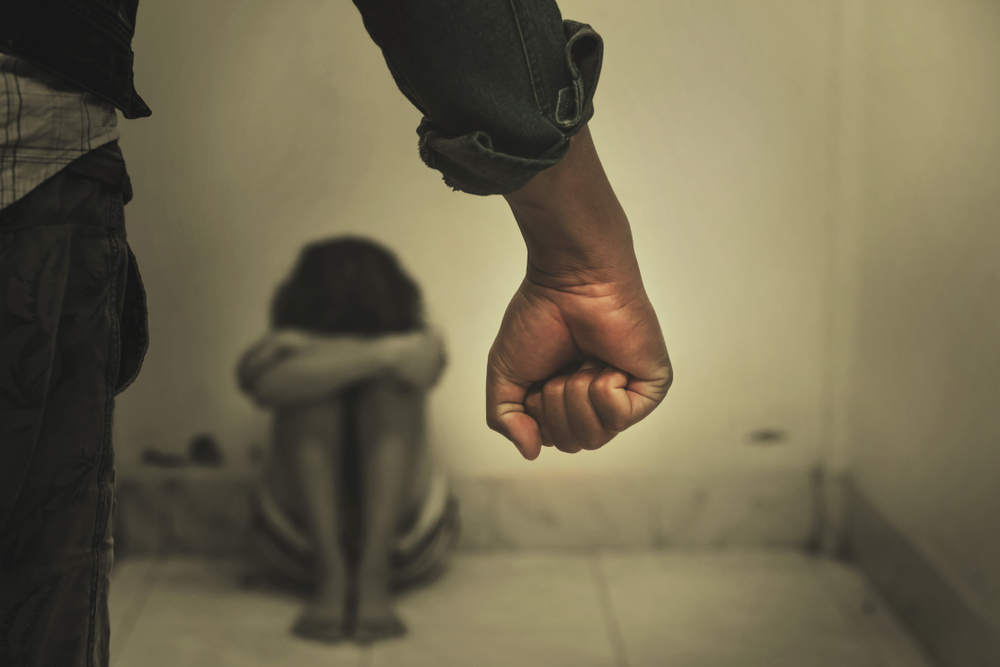

He went on to answer the question posed above when he said, “I conclude that this award which I receive on behalf of that movement is a profound recognition that nonviolence is the answer to the crucial political and moral question of our time – the need for man to overcome oppression and violence without resorting to violence and oppression.” said Dr. had shown that peaceful demonstration is not just a submissive gesture, but rather, a powerful moral transformational force that rejected “revenge, aggression and retaliation.” King told his audience that he believed the civil rights movement in the U.S. However, holding that nonviolent ideal did not mean he was without the will to fight long and hard against discrimination.

King said that “civilization and violence are antithetical concepts.” That basic belief was a guiding light by which he led the civil rights movement in the United States. He asked why this prize was given to a movement mired in conflict, and one “…which has not won the very peace and brotherhood which is the essence of the Nobel Prize.” King posed a question to his distinguished audience that seems at once rhetorical, yet contains a yearning desire for confirmation. He told the audience of dignitaries and royalty, “I am mindful that debilitating and grinding poverty afflicts my people and chains them to the lowest rung of the economic ladder.” The Crucial Political and Moral Issue of his Timeĭr. King called attention to the financial plight suffered by a majority of the 22 million African-American people living in the United States at that time.

He spoke of fire hoses and snarling dogs in Birmingham, the brutalization and murder of youthful civil rights workers in Mississippi, and the many churches bombed or set afire because they welcomed those who were sympathetic to the civil rights movement.Īs if the violent reactions weren’t enough, Dr. King reflected on those many dangers by recalling graphic images of nonviolent protestors met with violent reaction by police and those opposed to racial equality. King accepted the award on behalf of the civil rights movement which he said was, “…moving with determination and a majestic scorn for risk and danger to establish a reign of freedom and a rule of justice.”ĭr. King Accepts on Behalf of the Civil Rights MovementĪt the start of his speech, Dr. King who, at the time, was the youngest person ever to receive the Nobel Peace Prize. Gunnar Jahn, Chairman of the Nobel Committee, presented the award to Dr. was awarded the Nobel Peace Prize on December 10, 1964, during a ceremony that took place at the University of Oslo. He won the Nobel Peace Prize in 1964 for his "nonviolent struggle for civil rights." On April 4, 1968, King was shot and killed while standing on a balcony of his motel room in Memphis, Tennessee, U.S.Dr. In his campaign for racial equality, King gave hundreds of speeches, and was arrested more than 20 times. Under King's leadership, the SCLC promoted nonviolent resistance to segregation, often in the form of marches and boycotts. In 1957, he was elected president of the Southern Christian Leadership Conference ( SCLC), which became a leading civil rights organization. Like his father and grandfather, King studied theology and became a Baptist pastor. King was born in Atlanta, Georgia, United States, in 1929. His speech became famous for its recurring phrase “I have a dream.” He imagined a future in which “the sons of former slaves and the sons of former slave owners" could "sit down together at the table of brotherhood,” a future in which his four children are judged not "by the color of their skin but by the content of their character." King's moving speech became a central part of his legacy. On August 28, 1963, Martin Luther King, Jr., took the podium at the March on Washington and addressed the gathered crowd, which numbered 200,000 people or more.


 0 kommentar(er)
0 kommentar(er)
